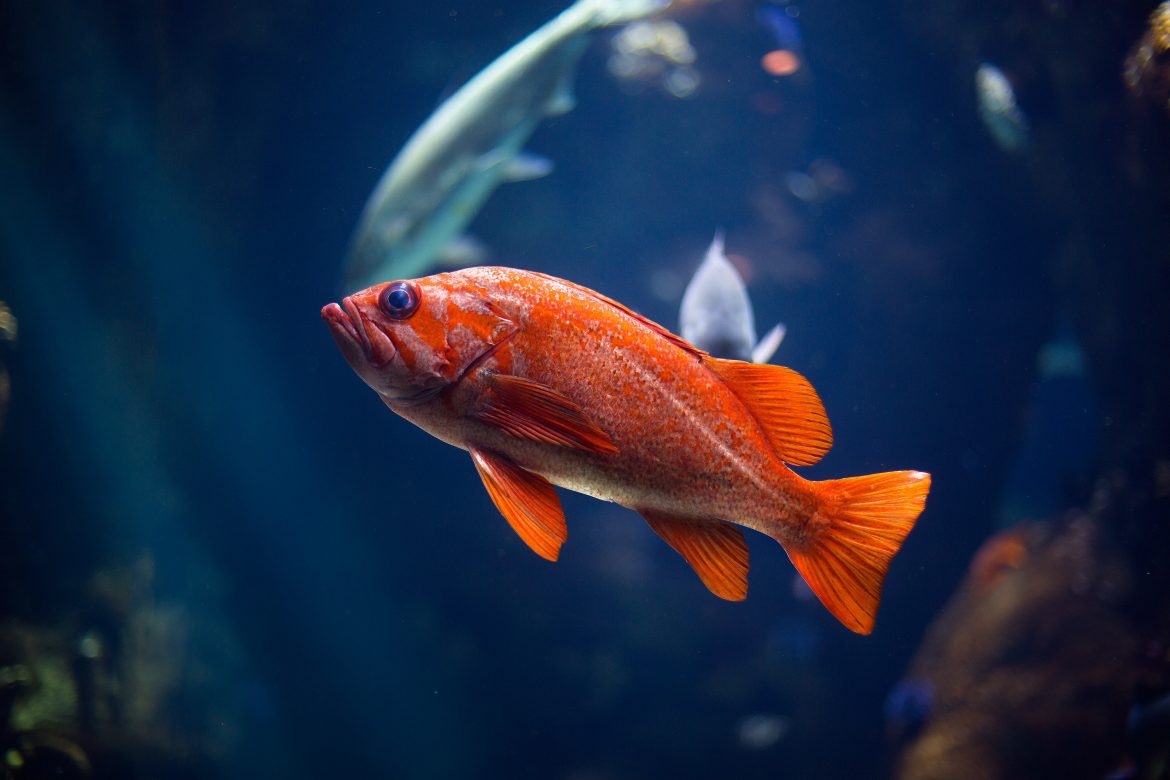Photo Credit: Claudio Guglieri via Unsplash
Advice to help you stay afloat in Canada’s most prestigious pond
Stefanie Menezes, Lifestyle Editor
“You were a big fish in a small pond, but not anymore. You might have been the top students in your high school class, but now you’re among the best and brightest from all over the world. Now you’re a small fish in a big pond.”
This idea hangs in the air in Convocation Hall. Today, during opening ceremonies, you’ll hear the idea for what may be the first time, but definitely not the last.
Some students may take it as a challenge, some as a warning. Instead, I suggest taking it as an invitation to be one of many “small fish” — to swim together and to learn from each other; after all, you belong here too. Your university experience doesn’t have to be one where you sit back and let the “bigger fish” decide the direction of the waves, nor does it have to be one where you fight to prove that you belong among the top level of the food chain.
Take it from a senior who spent most of her university experience too scared to try: nobody feels like a “big fish” all the time, and on the other hand, there will be moments where you do. Here are some tips to keep you afloat when you feel yourself sinking.
1) Find your school and meet fellow fish.
Make good friends in your classes and talk to people who are nothing like you. Everyone has something to teach you about yourself, and you will also inevitably need people to help you navigate deep, dark waters. Another secret you’ll learn is that the students who seem to be succeeding effortlessly are almost always working the hardest, and the people that you consider the “big fish” usually wish that they had some skills that come easily to you.
2) Use your gills to breathe, not your lungs.
You can try to be the best at everything, or you can enjoy learning something that you’re actually passionate about. While you may have to take courses that you’re not interested in, beating yourself up for struggling in those classes is a surefire way to start sinking. You can still study other fields and take interesting courses outside of your program; in fact, trying new things is great and can add so much value to your overall experience. Just remember to hold what you love to do close to your chest and breathe through it when school gets tough. Also, many students change their major at least once during their four years of study, so explore new subjects, find the topics you love to learn about, and turn them into the areas in which you excel.
3) Stop worrying about sinking and just start swimming toward something.
You can get stuck for hours thinking about whether you’re going to do well at the tryout for a team, or convincing yourself that nobody will vote for you during an election… or you can spend that time preparing yourself to do your best. While there might be someone better suited for a particular position, if you go to an interview with nothing in your mind but doubt, you’re taking the chance away from yourself.
This is all to say, instead of focusing on the fear of failing, focus on the experience of trying. And if you do fail the first or first few times, focus on the resilience you’ll build by trying again. Finally, from one small fish to another: the ripple you make is up to you, but the water won’t move until you breach the surface.




